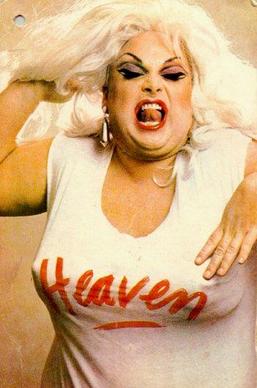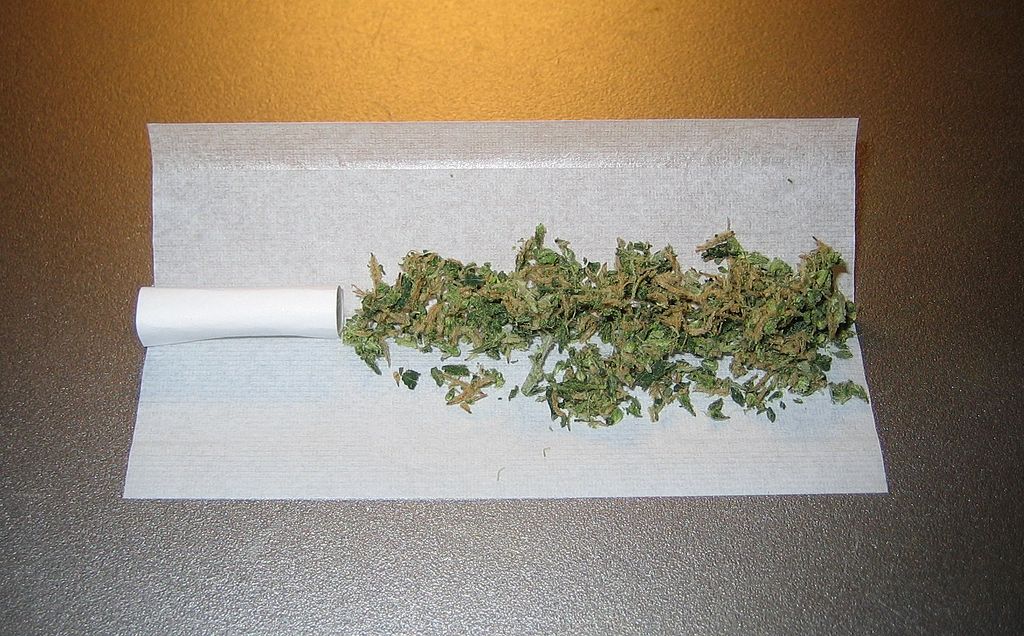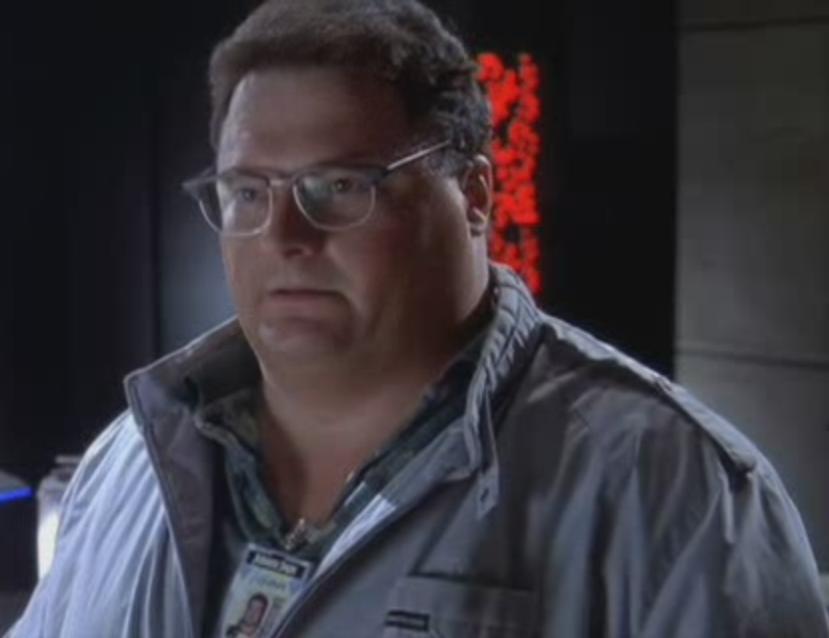Every morning, I watch Good Morning America for about half an hour while I eat my breakfast, mostly for the news scroll they provide at the bottom of the screen. There's always something to catch my attention, something that isn't necessarily covered in prime time anywhere.
For example:
"2,300 Pounds of Meth Hidden in Celery in Georgia Farmer's Market."
Well, that certainly gave me something to munch on mentally while eating my peanut butter toast.
Which Georgia Farmer's Market? (Forrest Hill, right outside of Atlanta).
Why celery? Wouldn't it would be easier to hide the meth in the cauliflower?
Who brings enough celery to a farmer's market to hide 2,300 pounds of meth?
Were they actually planning to sell the celery as well as the meth?
Did someone pick up a stalk of celery, notice the meth, and ask if that cost extra?
New Zealand food bank distributes candy made from a potentially lethal amount of methamphetamine
"A New Zealand charity working with homeless people in Auckland unknowingly distributed candies filled with a potentially lethal dose of methamphetamine in its food parcels after the sweets were donated by a member of the public.
"The charity’s food bank accepts only donations of commercially produced food in sealed packaging, Robinson said. The pineapple candies, stamped with the label of Malaysian brand Rinda, “appeared as such when they were donated,” arriving in a retail-sized bag, she added."
(LINK)
Wow. Someone went to a lot of trouble, individually wrapping meth in candy wrappers...
And why? Especially since they were given away. Did they think they were going to get more customers? For meth or for Rinda?
Haven't been able to find an update on this story yet, but I'm keeping an eye out.
"Hippopotamuses can become airborne for substantial periods of time, researchers discover."
So of course I instantly thought of the dancing hippos in Disney's Fantasia. Some images never leave you...
Now I don't know about you, but I would cheerfully watch airborne hippos for 'a substantial period of time'. A steeplechase? I'm there for it. "Le Corsaire" ballet? Oh, yeah. Hippo v. Seabiscuit? Bring it on.
So I was saddened to learn that, while hippos trot, not gallop, their airborne time is only about 0.3 seconds. (LINK)
And, if you can figure out how to slow this video down, you can probably see it:
Tim Walz Accused of Lying About His White Guy Tacos!
I love this story and the whole meltdown that's going on in a certain sphere.
(LINK)
Apparently, no one in certain circles has ever heard of "joshing", i.e., making gentle fun of oneself. Nor do they know squat about Norwegian Lutheran Culture.
Folks, you have to understand that, up here in the Midwest / High Plains area (including both Minnesota and the Dakotas), there is indeed a Northern European (which we often call Norwegian Lutheran, in gentle joshing fashion) food culture that largely eschews seasoning. Up here, "hot" means the actual temperature of the food, not the spice.
"Church Basement Ladies Pale Food Polka"
For example: lutefisk, a/k/a "The piece of cod which passeth all understanding" (and no, I did not make that up). I have been invited to lutefisk dinners, which are a highlight of the Christmas season, and do not attend, because lutefisk is basically warm fish jello. With the lutefisk comes lefse (riced potatoes mixed with flour, salt, butter and cream, cooked like thin potato tortillas, and served with butter and sugar), boiled potatoes, and (if you're lucky) the one bit of color on the whole plate: red Jello.
Now while I hate lutefisk, I have really leaned into hotdishes. They're filling, they're easy to make, they're comfort food in the long, long, long winters. And they are standard fare at funerals, potlucks, and other church gatherings.
The main point of a hotdish is that they are a full meal in a baking dish: a protein and a starch, mixed with canned soup and sometimes a frozen / canned vegetable. Tatertot hotdish! (Generally ground beef in mushroom soup with - you guessed it - tatertots for the topping.) Chicken with biscuits! Tuna noodle casserole! Turkey noodle casserole! Swedish meatballs in white gravy!
NOTE: True Swedish meatball gravy has beef broth and a dash of nutmeg in it. Mmm... Exotic.
And more endless iterations of hotdish, using cream of mushroom soup, cream of chicken soup, cream of celery soup, cream of ____ soup, topped with biscuits or mashed potatoes or tater tots. Of late, some people have also been doing spaghetti bake, with tomato sauce and a thick coating of mozzarella cheese.
Here's a classic Chicken and Biscuits Hotdish passed down through the ages (thank you Dark Ally!), in my modern variation (i.e., the onion and mushrooms):
1 can cooked chicken, drained and chopped fine1 can cream of chicken soup1/2 cup of milk1 onion, sauteed with 1 package of mushrooms choppedPinch of sage
Mix the above together and bake at 350 for about 45 minutes.Turn the oven up to 400 degrees.Open can of biscuits, and put biscuits on top of chicken hot dishBake for 10-15 minutes, until the biscuits are brown.
Now here's Tim Walz' Award-Winning Taco Hotdish:
1 lb ground turkey
1 large red bell pepper (or two medium ones)
1 yellow onion
1 can sliced black olives
1 can diced mild green chilies
1 bottle taco sauce (medium)
1 16 oz sour cream
1 bag of frozen tots
4 cups shredded cheddar cheese
3 cups sweet corn
Cherry tomatoes
Green onions
Shredded iceberg lettuce
Paprika
Chili powder
Onion powder
Garlic powder
Olive oil
Preheat the oven to 400 degrees. Dice the onion and bell pepper into 1-inch dice and sauté in 1 tablespoon of olive oil, salt and pepper for 15 minutes, until tender. Remove onion and bell pepper and set aside in a mixing bowl. Brown turkey. In a small bowl, mix 2 teaspoons each of paprika, chili powder, onion powder and garlic powder. Add half of the mixture to the turkey while browning. Reserve the other half of the mixture to sprinkle over the tots prior to baking. When finished, add the turkey in with the sautéed onion and bell pepper. Add black olives, sweet corn, chilies, taco sauce, 2 cups of cheese, and sour cream. Stir mixture until combined. Pour into a baking dish and sprinkle the remaining 2 cups of cheese on top. Add tots on top of the mixture and more cheese. Sprinkle spice mixture on top of tots. Bake in a 400-degree oven for 45 minutes or until tots are crispy and golden brown. After removing from the oven, sprinkle with shredded lettuce, green onions and diced tomato. Serve with sour cream, hot sauce, avocado, cilantro or your favorite taco topping.
NOTE that all the seasonings are "mild" or "medium". Ain't no jalapenos in this hotdish. You want hot sauce? Cilantro? Avocado? Put 'em on top!
Anyway, that's the Church Basement Ladies way!
































